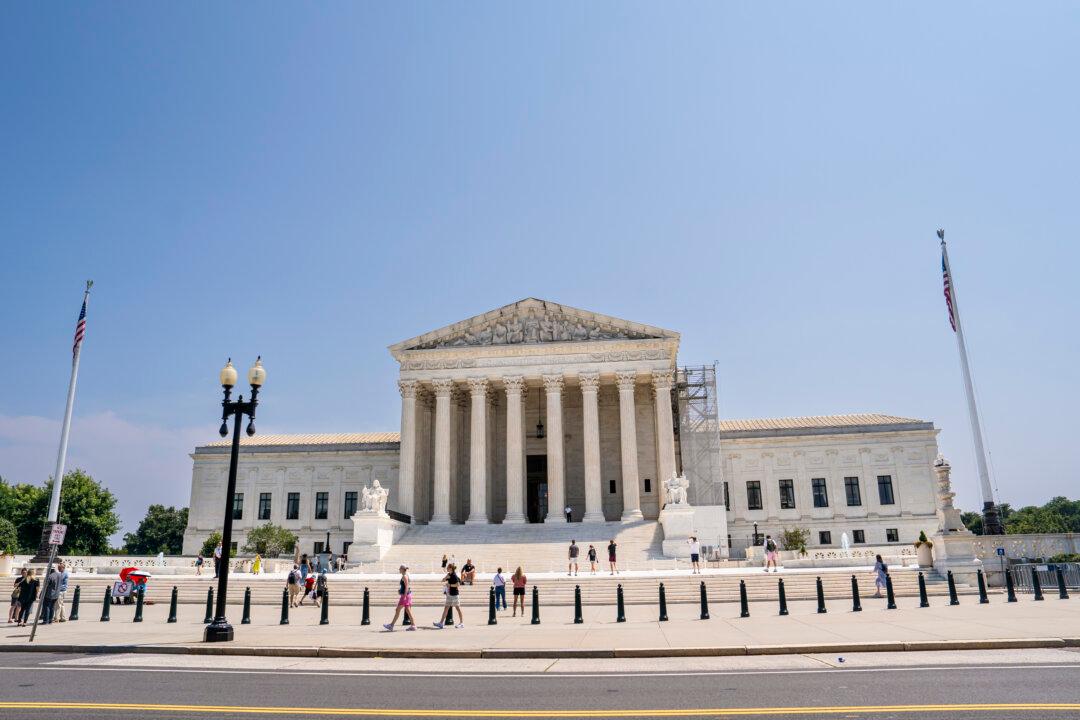The Supreme Court said on July 31 that it will formally consider on Sept. 30 whether to hear a challenge to Michigan’s ban on government funding of religious schools.
The case comes as the school choice movement, which aims to give parents an opportunity to keep their children out of under-performing government-run schools by providing alternative education funding strategies, has enjoyed a string of victories at the nation’s highest court in recent years.





